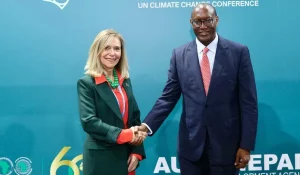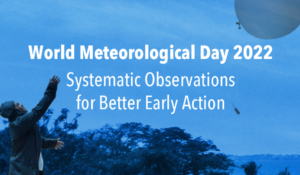Strengthening Partnerships to Close the Caribbean’s Data Gap: Highlights from the SOFF Regional Workshop

From 5-7 May 2025, the Systematic Observations Financing Facility (SOFF), the Inter-American Development Bank (IDB) and Climate Risk & Early Warning Systems (CREWS) initiative co-hosted a Caribbean Regional Workshop in Kingston, Jamaica. Operational partners, regional organizations and 16 Caribbean countries came together to identify opportunities for regional coordination in closing major basic weather and climate data gaps in the Caribbean and leveraging collaboration in the region.
Accurate data and early warning systems are the cornerstone of resilience
The Caribbean – home to more than 45 million people – is highly exposed to extreme weather events and disasters, particularly hurricanes and tropical cyclones. Climate-related extreme weather events in the Caribbean increased by 85% between 2001 and 2020 (OECD and IDB). On average, USD 465 million is lost each year due to hydromet disasters (World Bank).
To save lives and livelihoods, the entire meteorological value chain needs to be covered: from increased weather and climate data supported by SOFF, to early warning systems initiatives supported by CREWS, and ensuring impact across sectors on the ground through regional partnerships facilitated by the IDB. Each step is critical to ensure enhanced resilience for lives and livelihoods.
The workshop was opened by Celeste Saulo, World Meteorological Organization (WMO) Secretary-General and SOFF Steering Committee co-chair and Evan Thompson, Principal Director at Meteorological Service Jamaica and serving as President of WMO’s Regional Association IV. Celeste Saulo said, “Data is essential for predicting and responding to weather and climate events. This data gap doesn’t just affect local forecasts. It impacts our global ability to forecast and therefore respond to climate challenges.” She added, “Switzerland alone, where WMO is based, has more reporting surface stations than the entire Caribbean region combined.” Evan Thomson remarked “We are proud to host this workshop here in Jamaica to provide this more collaborative regional approach to closing the weather and climate data gaps, creating leverage with regional partners and other climate investments, and joining forces for climate change adaptation in the Caribbean.”
Highly vulnerable Caribbean region requires coordinated action
To achieve Early Warnings for All, following the UN Secretary General’s call in 2022, investments across the entire value chain are necessary. The aim is to provide universal protection to vulnerable populations facing hazardous hydrometeorological, climatological, and related environmental events by 2027.
SOFF – data as the foundational but invisible ingredient
SOFF opened its door for business in 2022 as a new specialized UN climate fund. It focuses exclusively on supporting countries in closing their basic weather and climate data gaps.
Today, 61 countries have already received SOFF support. Within the Caribbean region, 16 countries received a total of USD 4 million in approved grants. This will fund the development of national gap analyses and national plans through peer-to-peer technical assistance with countries.
Arlene Laing, the Coordinating Director of the Caribbean Meteorological Organization (CMO) said, “We welcome these joint efforts by SOFF, IDB and CREWS. The region critically needs investments in enhancing observational and warning systems while building technical and human capacity. This will deliver scientific expertise and guidance to the people of our region.”
CREWS Projects in the Region – building on data and providing forecasts and early warning systems
The CREWS Caribbean 2.0 project is a collaborative initiative financed by the CREWS Initiative and implemented by WMO and the United Nations Office for Disaster Risk Reduction (UNDRR). Building on weather and climate data, the project will enable the implementation of life-saving multi-hazard early warning systems and strengthen resilience in Caribbean small island developing states. During the workshop, WMO, CMO and UNDRR facilitated a session that demonstrated how CREWS Caribbean 2.0 is complementary to regional SOFF activities and is supporting countries through regional and national approaches in aligning governance and capacity-building efforts. This session brought together insights from Barbados, Jamaica, the Caribbean Institute for Meteorology and Hydrology (CIMH) as well as SOFF Peer Advisors.
IDB – investing in full complementarity
Gerard Alleng, Inter-American Development Bank Senior Climate Change Specialist emphasized the Bank’s commitment to regional initiatives especially those that seek to leverage strong local institutions and expertise. “One of the things I’ve realized working in the region that goes underappreciated is that we have very good regional cooperation, platforms and experience. Do not discredit that”. IDB is eager to partner with SOFF to catalyze these regional strengths towards high impact in closing the weather data gaps and making the region more resilient to climate impacts.
Addressing common challenges and enhancing regional synergy
Many countries across the region face similar technical and operational issues, making regional collaboration essential. The workshop provided a forum for participants to voice their priorities and exchange best practices on common challenges, while recognizing the value of country-specific strengths.
- Reducing fragmentation and sharing lessons learned: A fragmented infrastructure landscape is a key challenge that hampers maintenance efforts. To harmonize development projects, procurement and calibration, this workshop further advanced the recent Regional Association IV decision to establish a regional network for Upper Air stations.
- Leveraging collaboration across countries for more efficient implementation of hydromet investments: Participants flagged the necessity to enhance capacity development in this area. The Caribbean collaborative spirit is supported by significant investment from multilateral funds. It was jointly concluded that funding by for example CREWS, the Adaptation Fund, and the Caribbean Development Fund should complement activities by SOFF to leverage effectiveness.
- Increase and sustain upper-air observations: Given its exposure to hurricanes and the challenge of monitoring large marine areas in countries with little land area, but vast Exclusive Economic Zones, the region should also strengthen upper-air and marine observations.
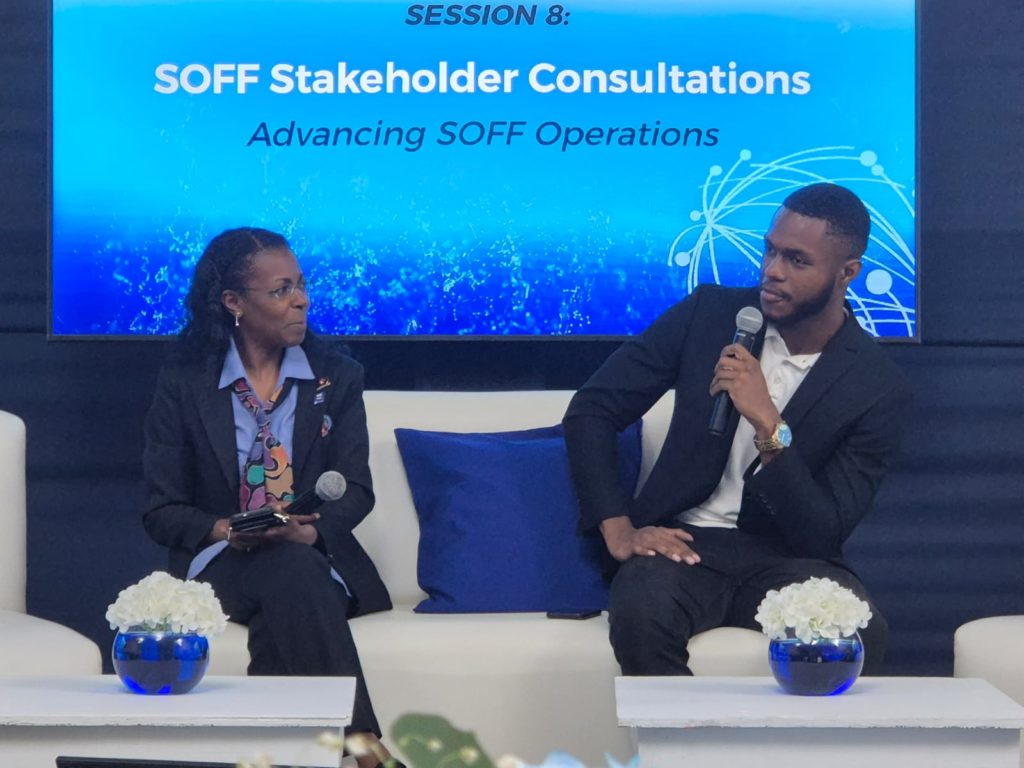
Looking Ahead
The outcomes of the workshop will shape implementation of mandatory basic weather and data collection and international exchange in the Caribbean. This illustrates how collaboration and strategic investment can strengthen weather monitoring and early warning systems globally.
This Caribbean Regional Workshop marked an important milestone to gather crucial input, which will allow the development of an operational framework tailored to the specific needs of Caribbean countries. Honourable Matthew Samuda, Minister responsible for water, environment, climate change and the blue and green economies in Jamaica said, “I believe in the importance of scientific data. Not only for the establishment of fact, but also for decision-making and to drive policy formulation.” This joint effort is paving the way for more resilient and climate-adaptive communities across the region.
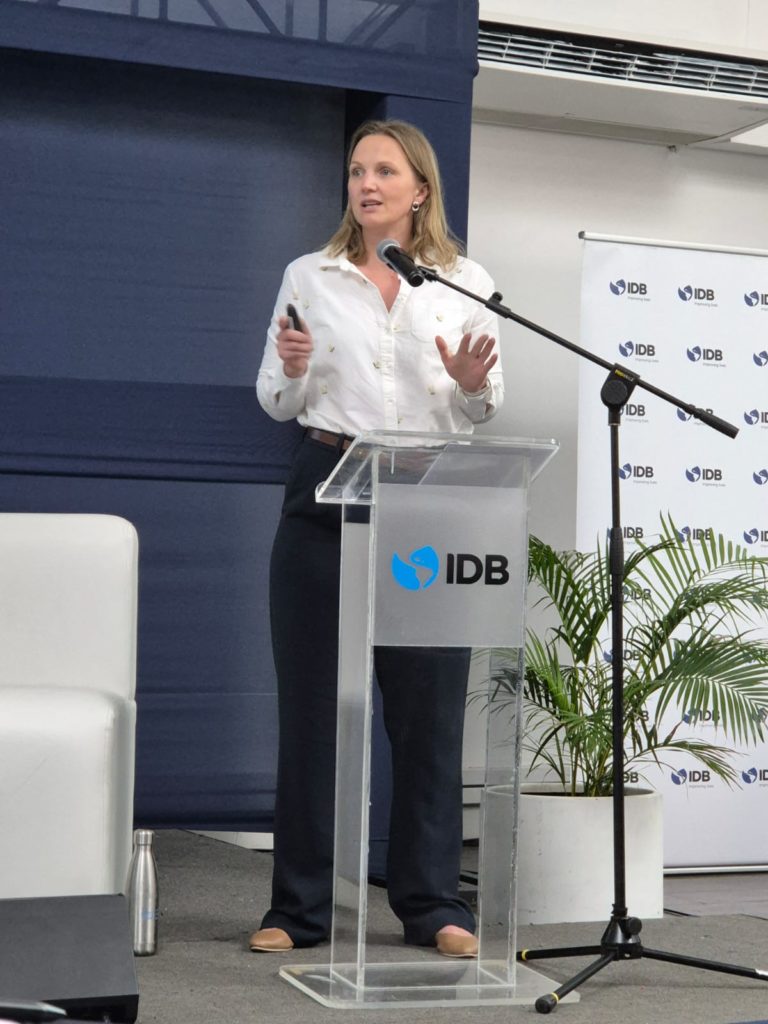
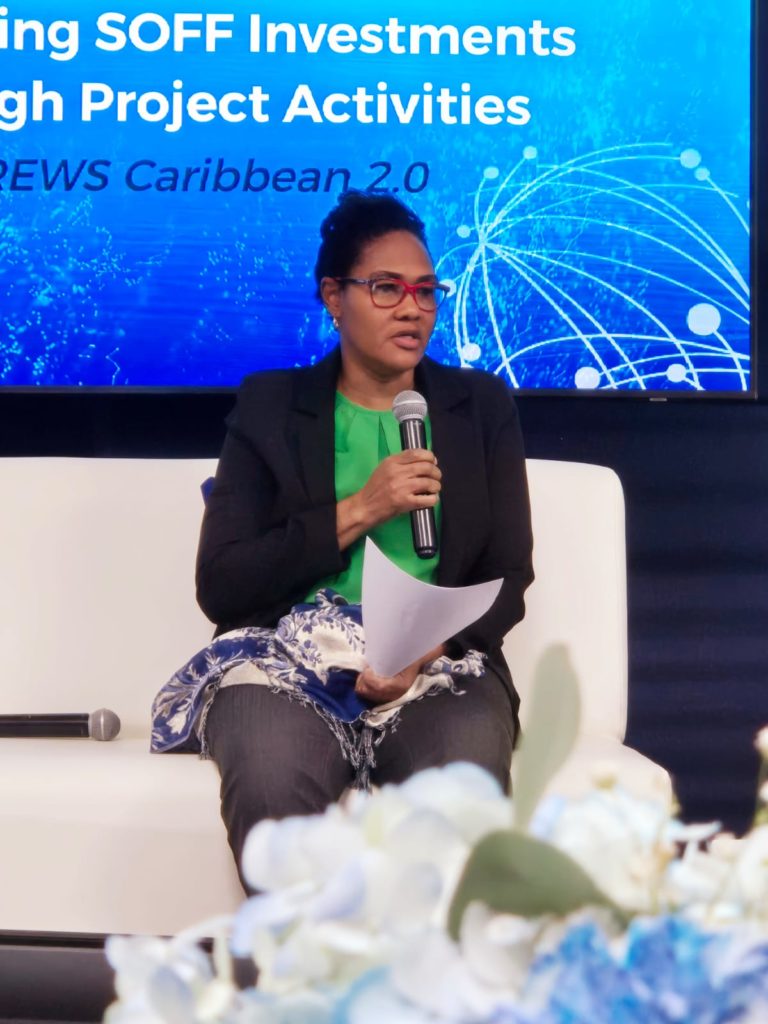
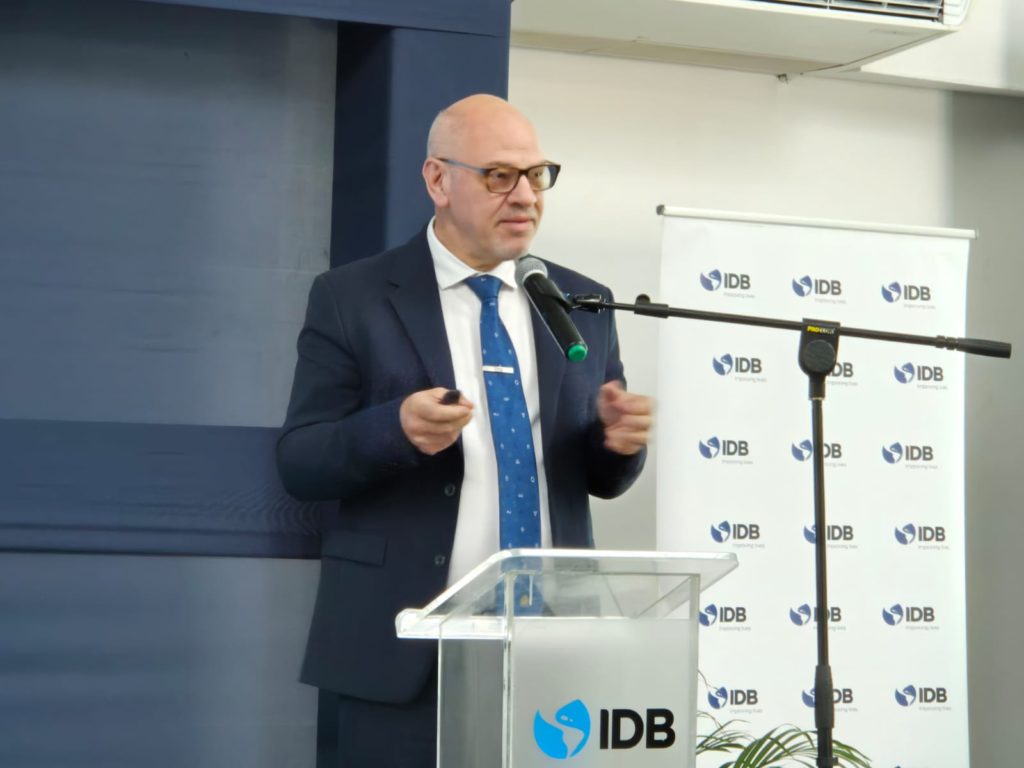
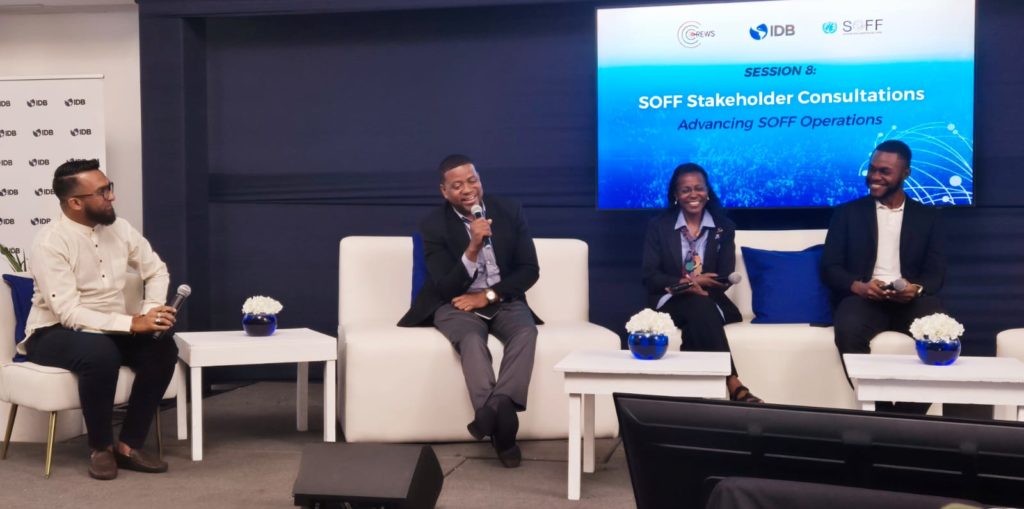
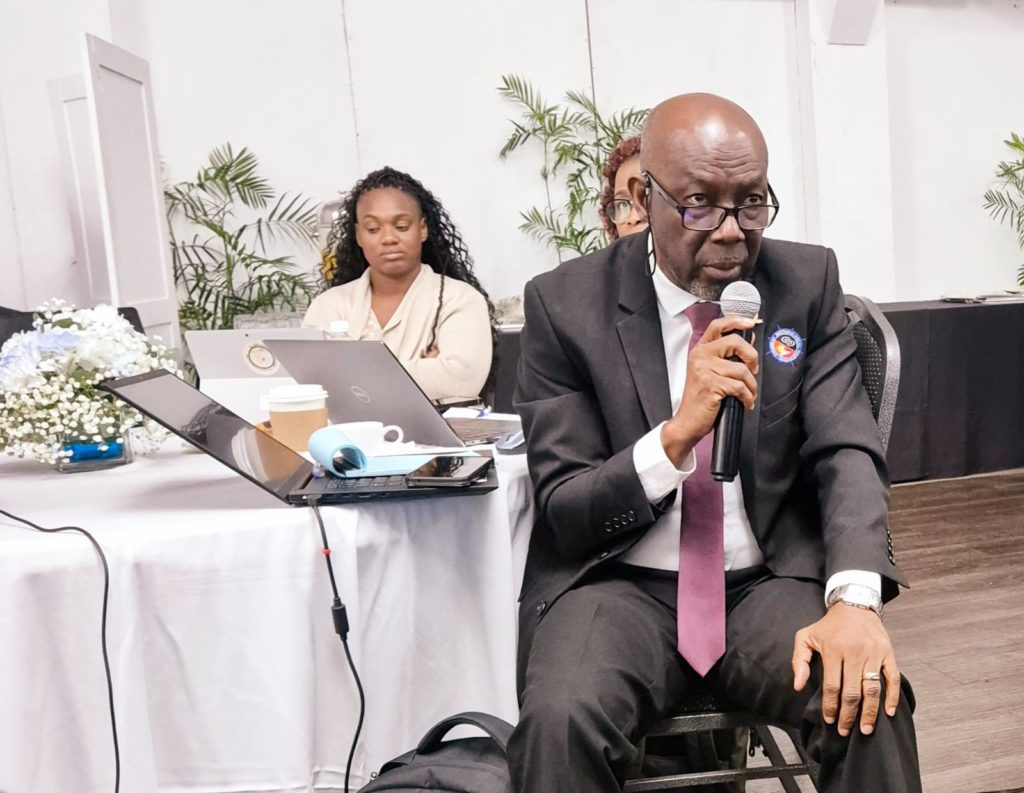
YOU MAY ALSO LIKE...
